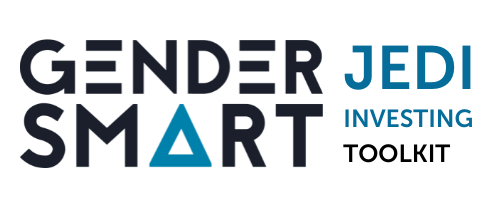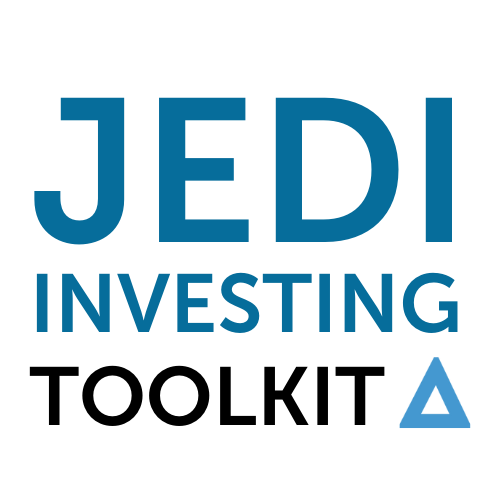Supply Change Capital
What is Supply Change Capital’s JEDI Lens?
Supply Change Capital invests at the nexus of two factors that are transforming the food economy: climate and culture. They focus their investments on specific outcomes that build intergenerational wealth in diverse communities, reduce the impact of the food system on climate, and build healthier communities. JEDI has always been integrated into their thesis, and diversity has occurred naturally based on their orientation, networks and lived experience as a 100% female, 50% Latina-owned firm. For example, 75% of the deals surfaced in their pipeline were led by women or people of colour, with 14% being women of colour. Of their ten current investments, nine are led by women or people of colour. They seek to catalyse lasting change by investing in women and underrepresented founders and supporting them to employ a diverse employee and supplier base. With their 100% female-identifying team, they carry their JEDI lens through all levels of their organisation. In fact, their service providers and fellows are +50% female-identifying. Bringing in diverse LPs has also been a priority, with a focus on onboarding female, Black and Latinx investors.
How is this JEDI approach implemented?
Supply Change Capital operationalises their theory of change in several ways, by:
Screening pre-investment for impact categories across diversity, sustainability and health
Teaming up with founders to define impact priorities for themselves, their teams and their companies, and continuously engaging founders and actively creating supportive cohorts of portfolio companies that are working to shift the paradigm
Measuring and reporting on the progress of their portfolio companies annually
Contributing to the broader community through thought leadership
How does Supply Change Capital measure impact and success?
Supply Change Capital takes a bottom-up approach to measurement -- impact and sustainability metrics are not add-ons, but rather the core business strategy. Moreover as a JEDI lens is innate in their approach, metrics are gender and JEDI disaggregated, and span both quantitative and qualitative outcomes. Some metrics are clear cut -- i.e., founder diversity, executive team diversity -- but others, like sustainability KPIs, can’t be applied homogeneously across a portfolio because businesses have so much variation. As many of their portfolio companies are early-stage and still defining KPIs around impact and sustainability, there is an opportunity to go through this process together.
At the same time, there have been key learnings in developing the metrics. One important one is not to overcommit on what is reportable to LPs; setting realistic reporting requirements early on helps the fund and portfolio companies to more accurately track progress.
Knowing when to introduce more complexity is also key as early stage portfolio companies are also balancing the needs of their business and fundraising requirements simultaneously.
Spotlight: The FOODS Framework: Evaluating opportunities while addressing bias
Founding Team: How are the founder and team uniquely suited to address the opportunity? How has a founder’s past experiences translated into the mission they have for this company?
Opportunity: Why is this an opportunity that should be addressed now? Is this a major innovation, something truly novel, or a 10x improvement on existing technology or solutions? What is the market size (total and attainable) that this solution can address?
Operations: Does the business have scalable operations and humble founders that know they need great teams surrounding them to grow? Have the founders built supply chain resiliency and equitable systems? Great ideas need greater operational support and planning in order to be executed successfully.
Dynamics: Do we have the time to get to know founders, and vice-versa? What are the founders’ intentions with the fundraise, as we want the founding team to be set up for success as they grow their business? As a mission driven firm, is there thesis-fit for our investments?
Sustainability: Using our simple framework for impact analysis, we ensure that our investments are aligned with our thesis and our view of the future of food: sustainability mindful, supply chain efficient, better for you, and culture rich.
Snapshot
Name: Supply Change Capital
Type: $40M VC fund
Focus: Culture and climate - the defining forces of our time - are deeply impacting the future of food. Supply Change Capital invests at the earliest stages in high growth food tech businesses and culture-first brands.
Location: USA
“The rising multiculturalism of America is having a deep impact on the $6T food sector in terms of what, how, and where we eat. Concurrently, climate change is the defining force of our generation, impacting food and agriculture across the supply chain. The food sector is essential to the economy, and innovation in this space will be critical in years to come. That is why Supply Change Capital invests at the earliest stages emerging food technology start ups at the intersection of culture and climate. ”

